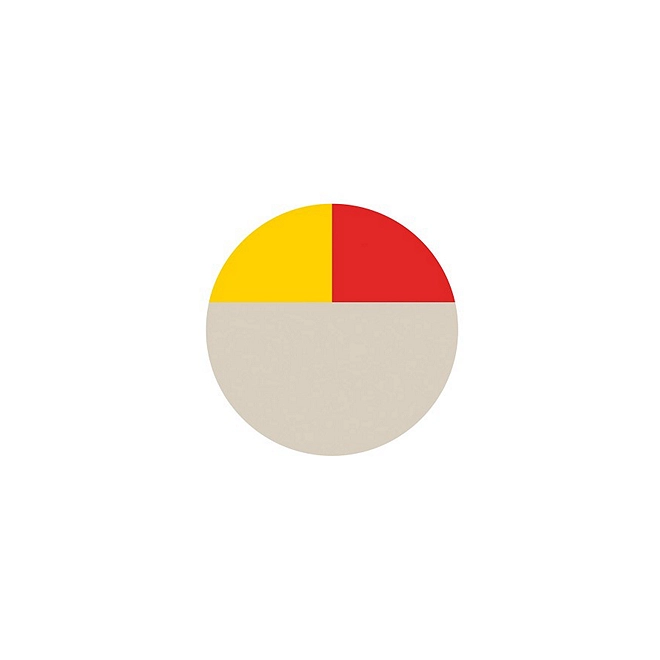The value of informal care in 2020
Caring comes at a cost
Deloitte Access Economics was engaged by Carers Australia to estimate the total value of informal care provided in Australia. The report also finds that there will be a substantial and expanding deficit in the provision of informal care over the next ten years.
The contribution of Australia’s informal carers is significant, yet not captured in economic measures such as Gross Domestic Product (GDP), unlike that of formal carers.
Deloitte Access Economics was commissioned by Carers Australia to estimate the economic value of Australia’s informal carers in 2020 and provide a forecast of the supply and demand of informal carers in Australia over the next ten years.
Using data from the ABS Survey of Disability, Ageing and Carers (SDAC) 2018, it is estimated that 2.8 million Australians will provide informal care in 2020. This includes around 906,000 primary carers and 1.9 million non-primary carers who together provided nearly 2.2 billion hours of care in the year.
To estimate the value of this informal care, Deloitte Access Economics used both the replacement cost and opportunity cost methodologies. Using the former, which considers the cost of replacing each hour of informal care with a formal sector equivalent, informal care was valued at $77.9 billion in 2020. But it is also known that many informal carers will have to partially or fully withdraw from the labour force to provide their care. The lost earnings - or opportunity cost - from this reduced employment was valued at $15.2 billion. Opportunity cost valuations tend to be lower than the replacement cost as it considers only those carers who would have otherwise been employed.
As Australia's population continues to age, the demand for informal care among those of all ages with a severe restriction living in the community will grow from around 1.25 million in 2020 to 1.54 million in 2030 (a 23% increase). Over the same period, the supply of informal carers for this cohort will rise at a slower pace from 674,000 to 780,000 (growth of 16%).
Informal carers provide substantial support that may otherwise be funded by the taxpayer. Underscored by the growing gap between the supply of and demand for informal care, greater recognition of the needs of informal carers is imperative in social policy setting to ensure the sustainability of Australia’s aged and disability care systems.



